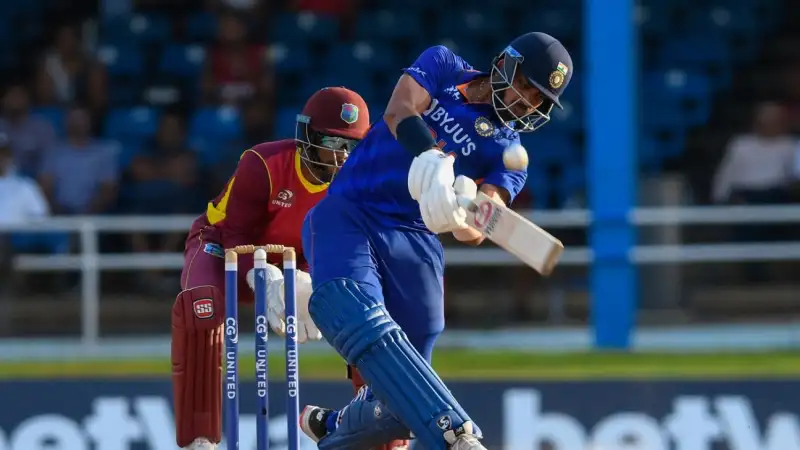Prime Minister Ralph Gonsalves states that the power of international cricket was once centred in England and Australia, with its headquarters at Lord’s. However, he notes that money now dictates contemporary cricket, and the locus of power has shifted from England to India.
Gonsalves explains that television and other media platforms, along with cricket’s massive audience of 500 million people in India, have all contributed to this shift.
He observes, “They haven’t quite located the headquarters in Mumbai or Delhi; instead, they’ve placed it in Dubai, which is only an hour away from India. One thing we must be mindful of is that India is a non-aligned country, and we have excellent political relations with them. However, there is a risk that, quote unquote, Indian cricket imperialism could be as decisive and stifling as an earlier form of cricket imperialism or hegemony, if you prefer not to use the word imperialism.”
Gonsalves asserts that modern cricket is now driven by the IPL, scheduling, and other complex factors.
“That is all the more reason why we must embrace this public good called cricket and allow it to flourish at the grassroots level. We disagreed with Dave Cameron because he wanted Cricket West Indies to exclusively manage this public good without even considering governments and the people. There is a fundamental contradiction in the management of cricket in the West Indies. Here is a public good, yet it’s managed by a private company registered in the BVI, Cricket West Indies. And while cricket has evolved away from the old planter merchant elite management, we have not seen the successors of that elite encompass the mass of the people.”
“They pay lip service to working with governments. They may have a better or less abrasive relationship than Cameron had with governments, but it’s still just window dressing. The fundamental and so-called reforms recently were more about consolidating personal power than about democratising West Indies cricket to involve the people.”
Gonsalves noted that Andy Roberts was right to criticise the treatment of the 1975 legends, arguing that what was offered as a celebration was, in effect, an insult.
“Andy Roberts is a man of great solidarity, so he didn’t want to spoil the occasion. But as a man with an analytical mind, cricket running through his veins, and a legend himself, he felt that it was wholly underwhelming what Cricket West Indies did for the legends of 1975, and even those of 1965.”
Gonsalves mentions that people have discussed offering citizenship to the legends, should they wish to accept it.



